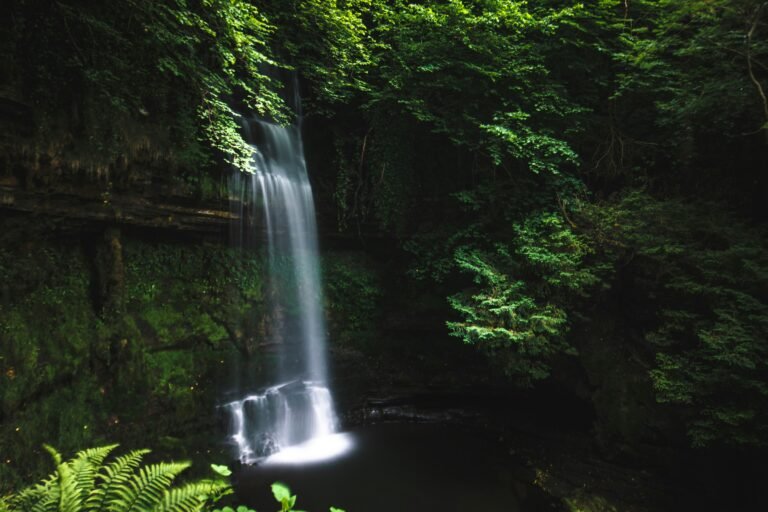Last week, a total of 182 hectares were licensed for afforestation in Ireland, marking the second consecutive week that the Department of Agriculture, Food and the Marine (DAFM) has achieved the “minimum target pace.” This information was provided by the Social, Economic and Environmental Forestry Association of Ireland (SEEFA). The association emphasized the significance of this development, highlighting that despite this positive trend, overall planting rates in the country remain “sluggish.” Currently, less than a third of the targeted weekly pace is being met, and private felling activities are still “far from sustainable levels.” SEEFA also raised concerns about the potential impact of current department policies and approaches to afforestation, warning that these could lead to a reduction of the productive forest area by 48,500 hectares by 2040, with severe consequences for the forestry and construction sectors.
While Ireland boasts ideal conditions for producing homegrown lumber, the lack of government action in the forestry sector is causing a reliance on imported timber to meet the country’s housing needs for the foreseeable future, according to SEEFA. Recent developments further underscored the challenges facing the timber trade in Ireland, as the export of conifer logs from a pest-free area of Scotland into the country was halted as a precautionary measure. This decision was made following the discovery of larch bark beetles at a port in Cork. Specifically, the Department of Agriculture, Food and the Marine found three Ips cembrae beetles, commonly known as the large larch bark beetle, in a pheromone trap at Passage West Port in Cork. In response to this finding, Scottish authorities have suspended all exports of logs to Ireland until a comprehensive investigation can be conducted.
The latest data on forestry licensing in Ireland indicates that there have been 450 valid afforestation applications submitted to the department thus far in the year. In terms of felling activities, the department has issued a total of 702 licenses for private plantations and 652 permits for Coillte sites in 2021. Last week alone, 14 licenses were granted for forestry roads, bringing the total number of licenses issued by August 23 to 614. Additionally, six licenses were approved for the Reconstitution of Ash Dieback Scheme, bringing the year’s total to 559 licenses covering 2,017 hectares. Notably, there have been 278 licenses issued for the Native Woodland Conservation Scheme (NTAS), covering 304 hectares since the program’s inception, and 134 licenses for the Woodland Improvement Scheme (WIS) covering 758 hectares.





